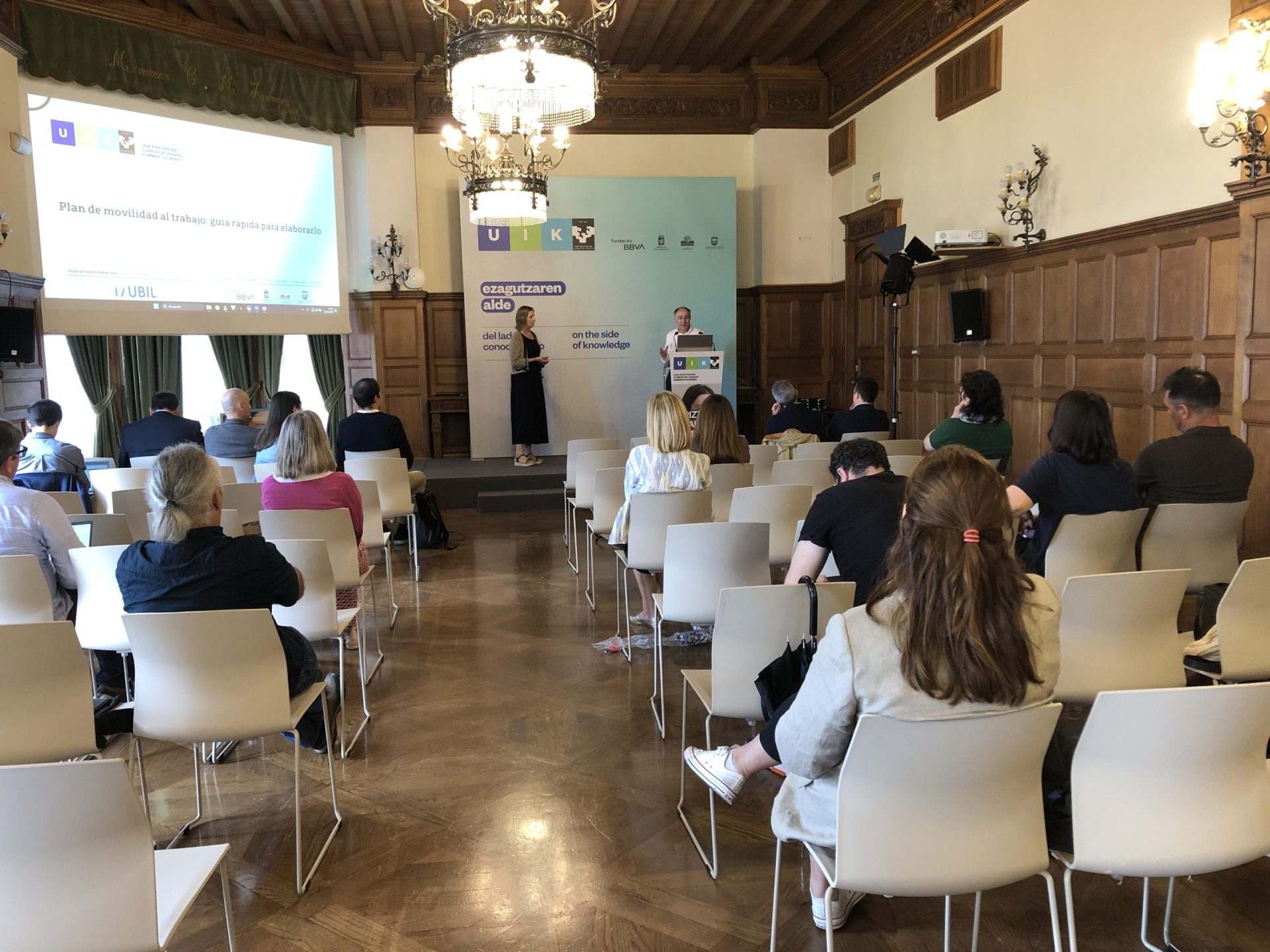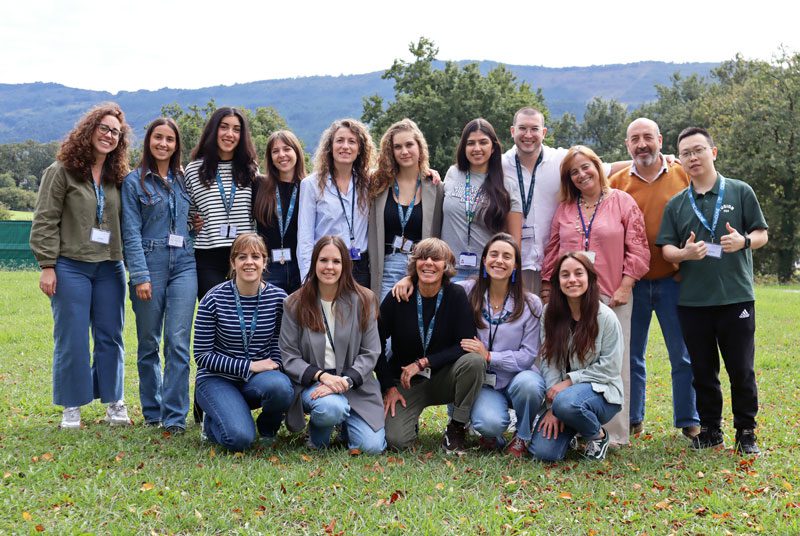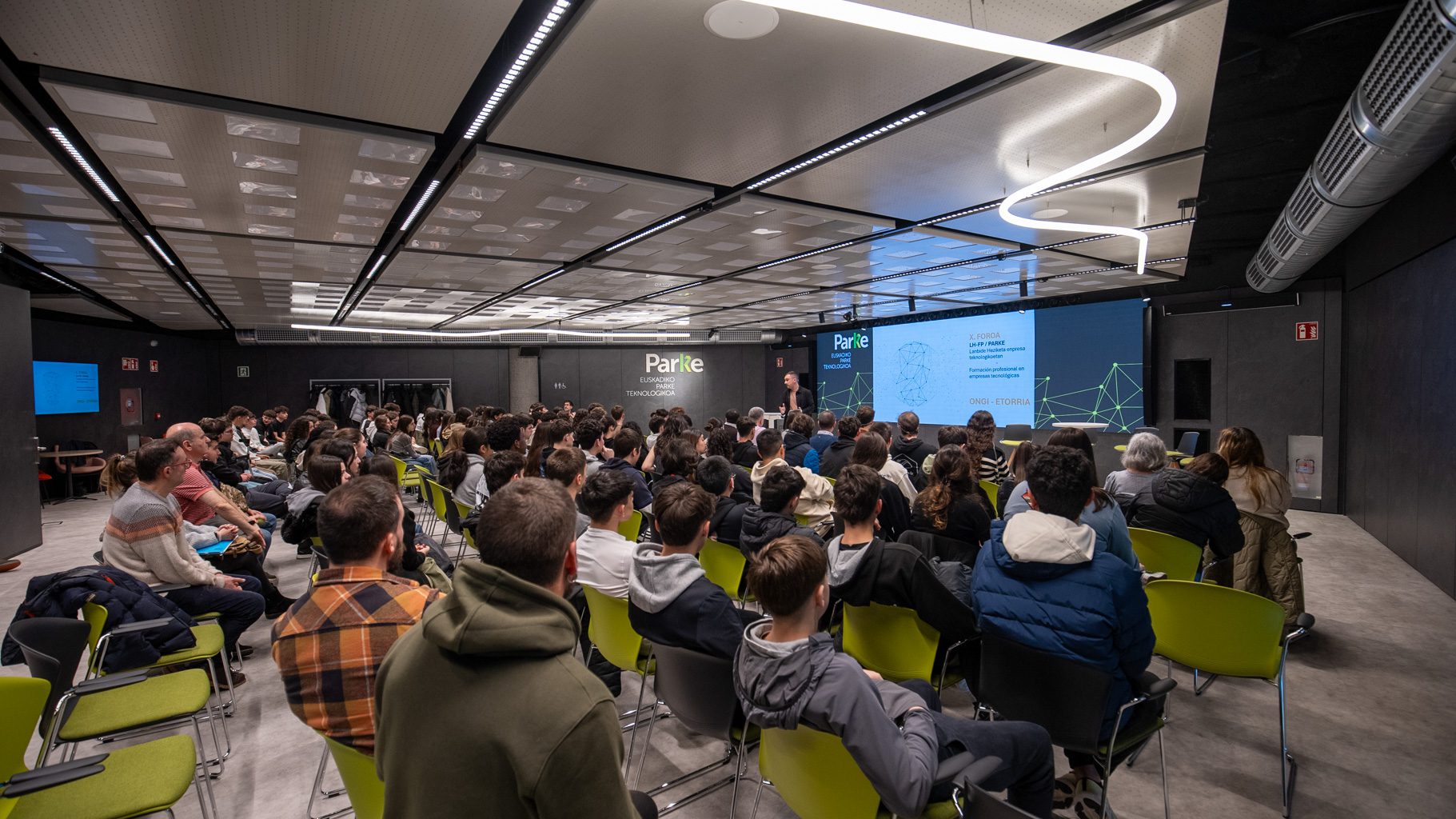How does Artificial Intelligence impact on Mobility?

The Mobility and Logistics Cluster of the Basque Country, in collaboration with Mubil and the University of the Basque Country, is organising this summer course which will address the impact of artificial intelligence in the mobility sector.
Organisations are already defining and implementing their Artificial Intelligence plans in order to anticipate its impact and take advantage of the opportunities it represents.
The course “Impact of Artificial Intelligence on Mobility”, organised by the Mobility and Logistics Cluster of the Basque Country, in collaboration with Mubil and the Summer Courses Foundation of the University of the Basque Country, will be held on 21 June. The 5-hour morning session will offer a comprehensive overview of the prospects of this technology applied to the Mobility sector and its different areas. The course will be held simultaneously in person at the headquarters of the summer courses, at the Miramar Palace in Donostia, and will be broadcast live online.
Course details:
Title. Impact of Artificial Intelligence on Mobility
Date. 21 June 2024
Timetable. From 9:00 a.m. to 2:00 p.m.
Venue. Miramar Palace (Donostia) and online
Artificial Intelligence is already reshaping the way we move around and use transport systems. From autonomous driving to route optimisation, traffic management or safety and efficiency, AI is revolutionising every aspect of Mobility. In fact, across all sectors, organisations are already defining or implementing their plans to apply AI to optimise their processes, efficiency, internal and external customer experience and decision support.
Course contents
To understand the impact of Artificial Intelligence on the Mobility sector, this course will provide an overview of the current context of AI application and offer a vision for the short and medium term. It will explore the technological advances and challenges of the implementation of autonomous vehicles and their impact on private and collective transport. And it will analyse how AI will be used to optimise traffic management, urban mobility, to improve infrastructures and to advance the challenge of efficiency and sustainability in mobility. The course will also address the role of cybersecurity as an essential factor for the implementation of AI in Mobility.
With the organisation of this course, it is expected to offer a complete vision that will allow attendees to update their knowledge on the subject, as well as to identify new professional and business opportunities. Experts from the companies and entities Ceit, Indra, Ineco, Kapsch, Tecnalia and Vicomtech will be in charge of the interventions. The meeting will be opened by the Councillor for Mobility of the Donostia City Council, Olatz Yarza, and the president of the Mobility and Logistics Cluster of the Basque Country, Eduardo Lasa.
The Basque Mobility and Logistics Cluster collaborates annually with Mubil and the University of the Basque Country by organising a training session on smart, safe, efficient and clean mobility, within the framework of the Summer Courses.
If you are interested in attending the course, apply for your accreditation at the Cluster.




